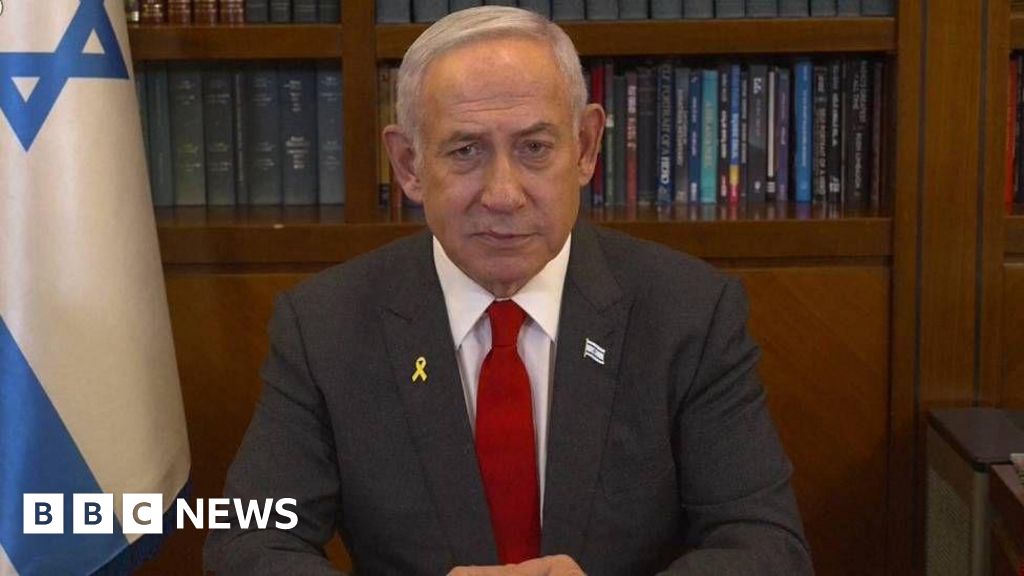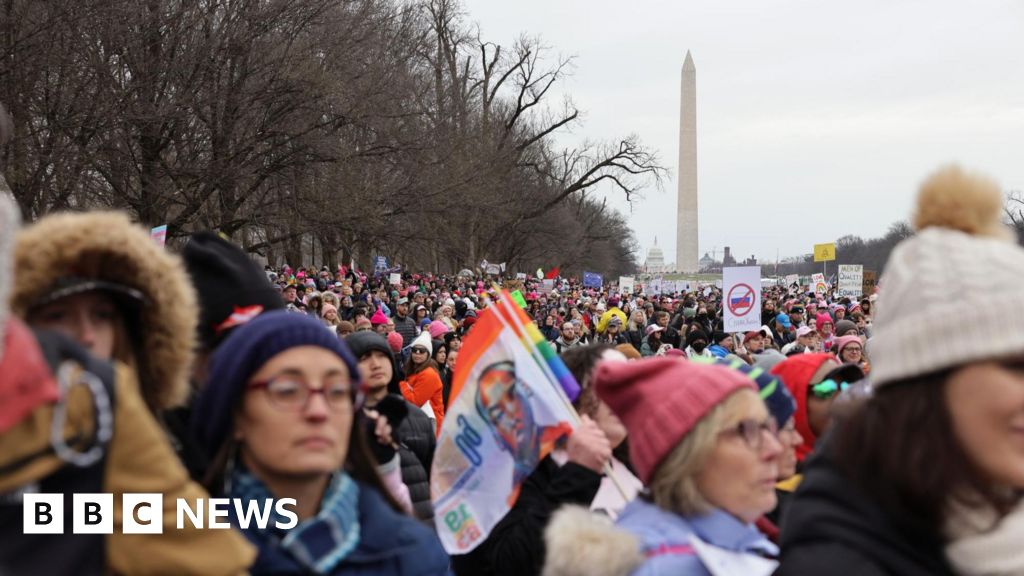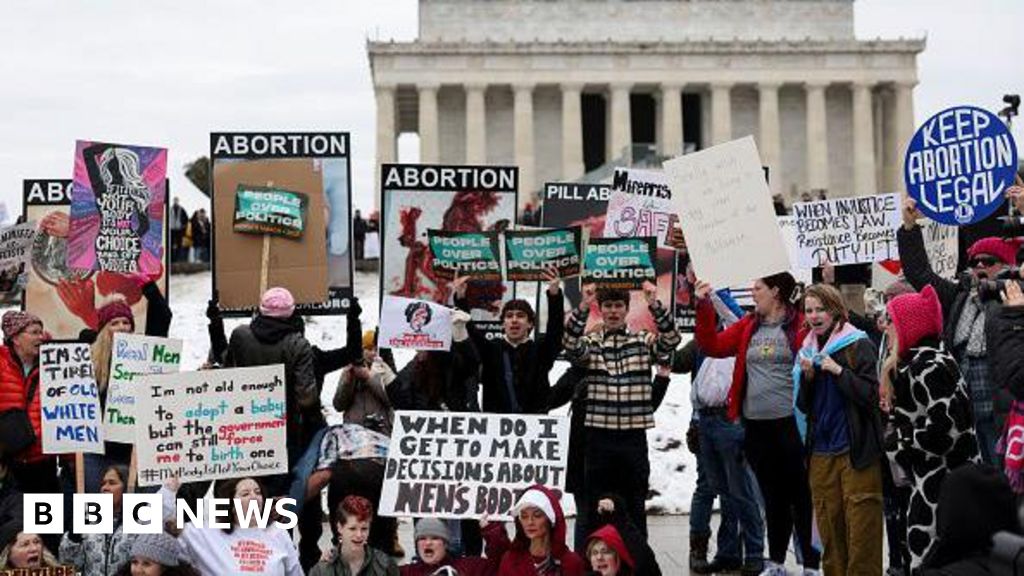ARTICLE AD BOX
By Hugo Williams and Ali Hamedani
BBC World Service
Teenage schoolgirls in Afghanistan have told the BBC of their growing desperation as they continue to be excluded from school more than three months after the Taliban takeover.
"Not being able to study feels like a death penalty," says 15-year-old Meena. She says that she and her friends feel lost and confused since the closure of their school in north-eastern Badakhshan province.
"We have nothing to do apart from housework… we are just frozen in one place," says Laila, 16, whose school in Takhar province shut the day the Taliban seized power in August.
BBC interviews with students and headteachers in 13 provinces show girls' frustration at still being barred from secondary school, despite assurances from the Taliban that they would be able to resume their studies "as soon as possible".
Image source, Reuters
Image caption,Schools in Afghanistan have only re-opened for girls at primary level
Teachers, nearly all of whom had not been paid since June, said the situation was affecting girls' wellbeing, with one blaming the closures for the underage marriage of three of her students.
One headteacher from Kabul, who stays in touch with her students via Whatsapp, said: "The students are really upset, they're suffering mentally. I try to give them hope but it's hard because they are exposed to so much sadness and disappointment."
Teachers also reported a worrying drop in attendance among girls in primary schools, who have been allowed to return. They said that increased poverty and security concerns meant families were reluctant to send younger girls to school.
Officials have previously avoided confirming that this was an outright ban. But in an interview with the BBC, acting Deputy Education Minister Abdul Hakim Hemat confirmed that girls would not be allowed to attend secondary school until a new education policy was approved in the new year.
Despite this, some girls' schools are reported to have re-opened after negotiating with local Taliban officials.
In the northern city of Mazar-i-Sharif in Balkh province, one head teacher told us that there were no problems and girls were attending school as normal.
But another student in the same city told the BBC that a group of armed Taliban fighters had been approaching schoolgirls on the streets, telling them to make sure their hair and mouths were not visible. As a result around a third of her class had stopped coming to school.
"We have our life in our hands when we leave home. People don't smile. The situation is not calm. We are shivering with fear," she said. The Taliban government ordered boys to return to secondary school in September, but made no mention of girls.
Headteachers in three different provinces told the BBC that they had reopened schools, only to be told to close by local officials without explanation a day later. Girls had been turning up at the school gates every day asking when they would be allowed to return, one said.
Image source, Reuters
Image caption,Some secondary schoolgirls have been trying to continue studies from home
Laila, who wants to be a midwife or doctor, says she keeps her school equipment clean and tidy in her room, not allowing anyone to touch it, waiting for the moment when it can be put to use again.
"When I see my clothes, books, scarf and my shoes, all new just sitting in my cupboard without being used, I get very upset. I never wanted to sit at home," she says.
Meena wants to be a surgeon, but doubts whether she'll be allowed to continue her studies.
She remembers lining up in the playground at school and laughing with her friends, where they would sing the national anthem before going to lessons.
"Whenever I think about those moments, I feel upset and hopeless about our future," she says.
Mr Hemat said the current situation was a temporary delay while the government ensured a "safe environment" for girls to go to school.
He emphasised the need for girls' and boys' classes to be segregated, something which is already common throughout Afghanistan.
There are fears that the gains made in girls' education over the past 20 years could be lost
Girls and women were banned from schools and universities during the last Taliban rule between 1996 and 2001.
This year's closures have already had a permanent effect on the lives of some girls, according to testimony from one head teacher in south-eastern Ghazni province.
"At least three of our girls aged 15 and under have been married off underage since the Taliban took over," said the teacher, who feared others would follow as their families grow frustrated seeing them at home "doing nothing".
Unicef has said that it is deeply concerned about reports that child marriage is on the rise in Afghanistan.
One headteacher in central Ghor province told the BBC that the issue of school closures was irrelevant compared given the other problems facing her students.
"I think many of our students are going to die… They don't have enough food to eat and they cannot keep themselves warm. You cannot imagine the poverty," she said.
*All names of interviewees have been changed to protect their identities
Additional reporting by BBC Afghan service

 3 years ago
53
3 years ago
53








 English (US) ·
English (US) ·